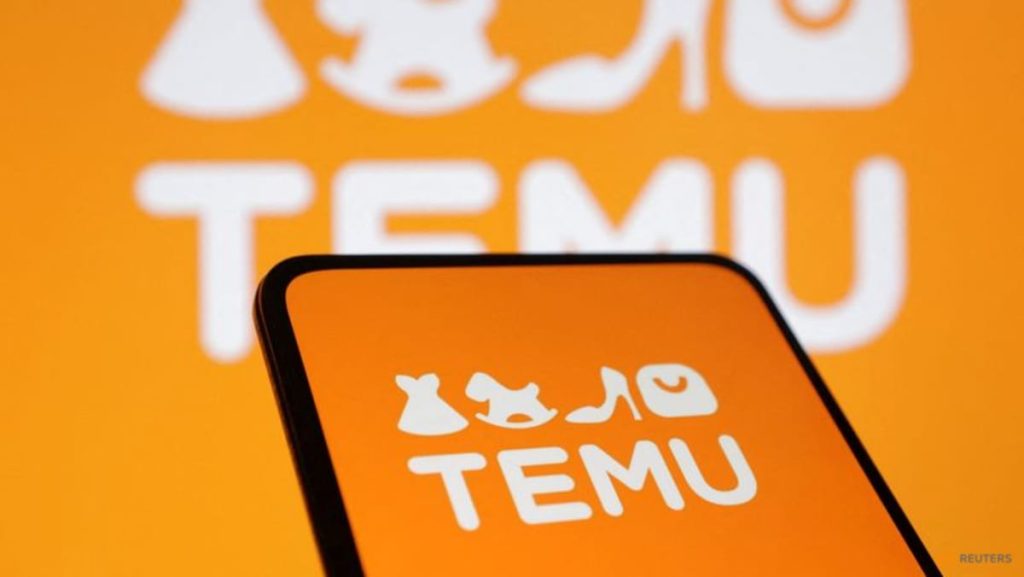The Ministry of Cooperatives and SMEs in Indonesia is taking a strong stance against digital platforms that are deemed detrimental to society. The ministry aims to ensure that the digital space is filled with content that promotes productivity and profitability. Companies that are seen as harmful will face bans in order to protect the country’s micro, small, and medium enterprises from being destroyed. Temu, a digital platform that had attempted to register to operate in Indonesia multiple times, was not approved due to an existing business already using the same name.
Despite facing registration issues in Indonesia, Temu has expanded its operations to about 60 countries and entered Southeast Asia in the past year. Starting with the Philippines, the company has subsequently launched in Malaysia and Thailand. The company made an appearance at the 2024 E-commerce Expo in Greater Jakarta, sparking discussions about its presence in the region. However, the Indonesian government has expressed concerns about the impact of foreign digital platforms on local businesses and has taken steps to protect smaller merchants.
In a similar move, Indonesia previously banned TikTok Shop due to concerns about protecting smaller merchants and user data. Despite this ban, the popular short-form video platform made a comeback in the Indonesian market by acquiring a 75% stake in local e-commerce player Tokopedia. This acquisition allowed TikTok to re-enter the market and continue its operations in Indonesia. The government’s actions reflect a commitment to safeguarding local businesses and ensuring that digital platforms operate in a manner that benefits society as a whole.
The Ministry of Cooperatives and SMEs is focused on creating an environment where digital platforms contribute to the growth and development of businesses in Indonesia. By monitoring and regulating the entry of foreign companies into the market, the government aims to protect local enterprises from being overshadowed or negatively impacted. The ministry’s efforts to ban detrimental platforms and promote profitable ones align with its goal of supporting micro, small, and medium enterprises in the country.
In conclusion, the Indonesian government is taking proactive measures to regulate the digital space and protect local businesses from potential harm. By banning platforms that are deemed detrimental and supporting those that enhance productivity and profitability, the government aims to create a more favorable environment for micro, small, and medium enterprises. The case of Temu and TikTok Shop serves as examples of the government’s commitment to ensuring that digital companies operate in a manner that benefits society and contributes to economic growth in Indonesia.


